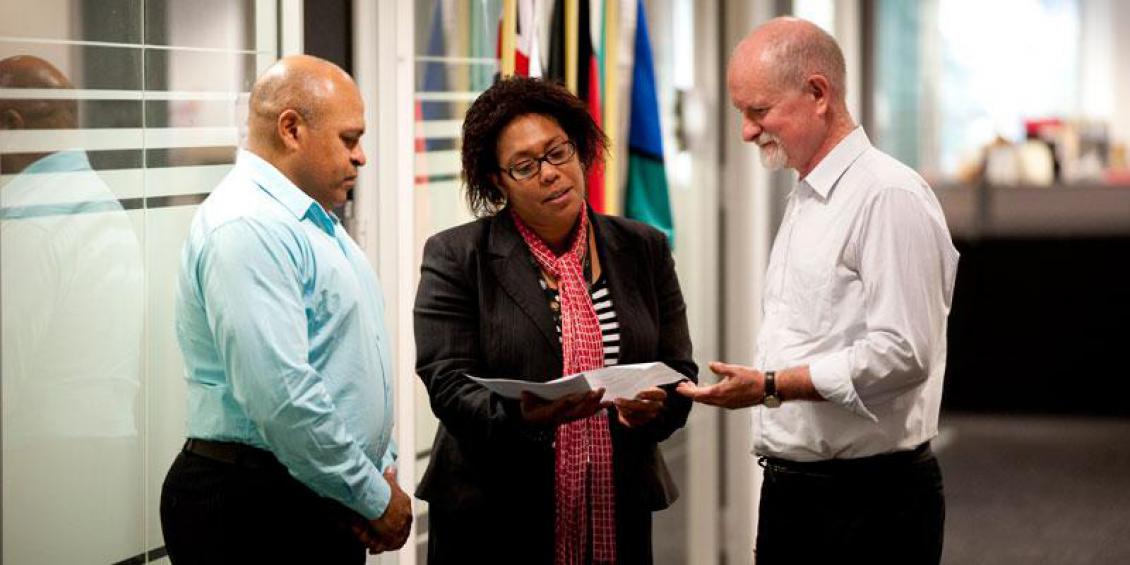Meeting Communique: Indigenous Advisory Council, February 2014
Meeting Communique: Indigenous Advisory Council, February 2014
Indigenous Affairs Indigenous Advisory Council
Thursday, 13 February 2014
The Department of the Prime Minister and Cabinet

The Prime Minister’s Indigenous Advisory Council (the Council) held its second meeting in Canberra on 13 February 2014. The Prime Minister, the former Minister for Indigenous Affairs, Senator the Hon Nigel Scullion, and Parliamentary Secretary the Hon Alan Tudge MP attended the meeting.
The Council had robust discussions about a range of issues:
- School engagement and education is one of the main early focuses of the Council. The Council discussed the remote school attendance measures being implemented by the Government in 40 remote schools around Australia.
- The Council was very pleased to note some early successes at the start of this initiative, and reinforced the importance of school attendance.
- The Council noted the importance of literacy and numeracy skills in getting a job.
- The Council also discussed the important prerequisites for good school attendance, such as a stable home environment, good health, family support, and community leadership and promotion of education.
- The Council discussed the breadth of Indigenous programmes transferred into the Department of the Prime Minister and Cabinet.
- There was general agreement that areas of programme overlap and duplication should be streamlined and that the number of programmes could be simplified to reduce red tape and create a better focus on outcomes.
- The Council noted the need for strong programme measurement and evaluation frameworks, to ensure that Government could identify which programmes were working well and delivering outcomes efficiently.
- The Council had a broad discussion about employment issues, including the Review of Indigenous Training and Employment Programmes currently being led by Mr Andrew Forrest.
- The Council noted that most Indigenous people who are not working want to find a job, but that foundational literacy and numeracy skills, and work readiness, are key barriers to this happening.
- There is a role for both employers to deliver in-house work readiness initiatives, and for Government programmes.
- Other possible strategies discussed included mentoring programmes, and exposure of Indigenous young people to the corporate environment.
- The Council reinforced that a solid education was the fundamental requirement for Indigenous people to get into work.
The Council will meet again in April 2014 and have its next meeting with the Prime Minister in late May.
The Prime Minister’s Indigenous Advisory Council is a directly appointed, non-representative group which provides advice to the Prime Minister on Indigenous issues.






